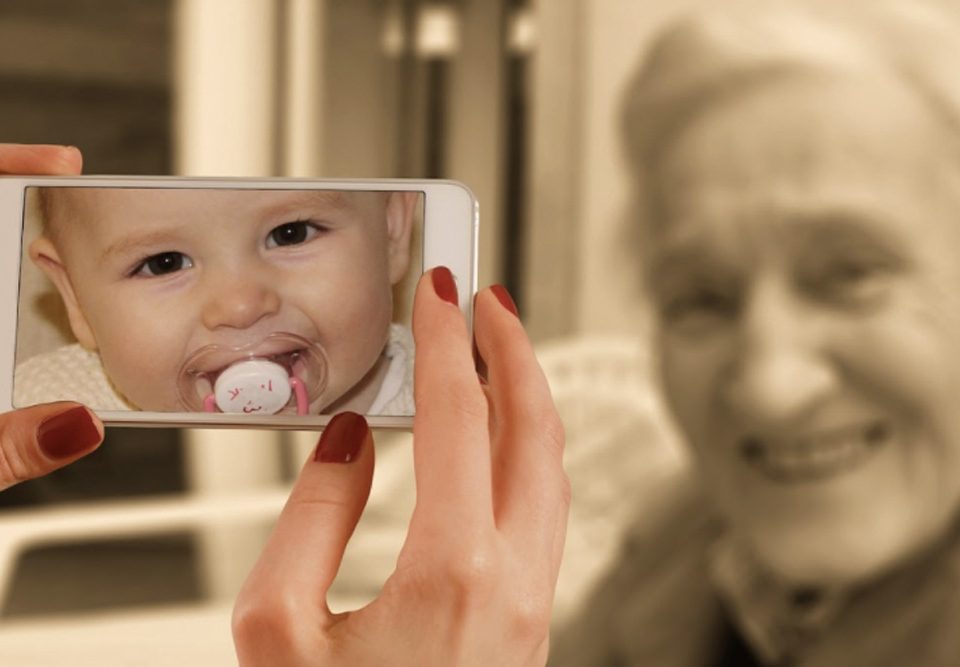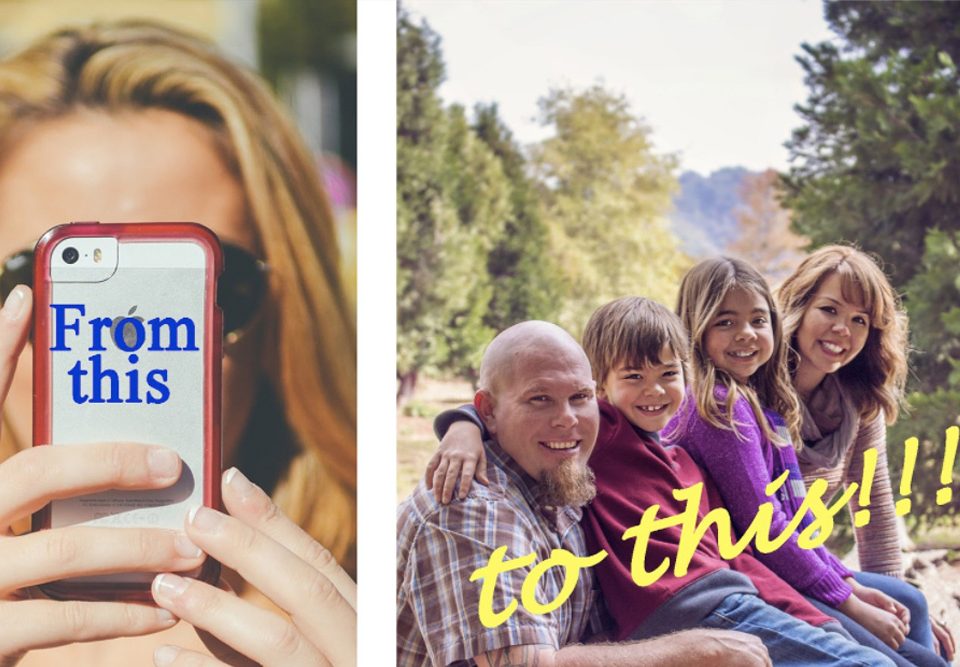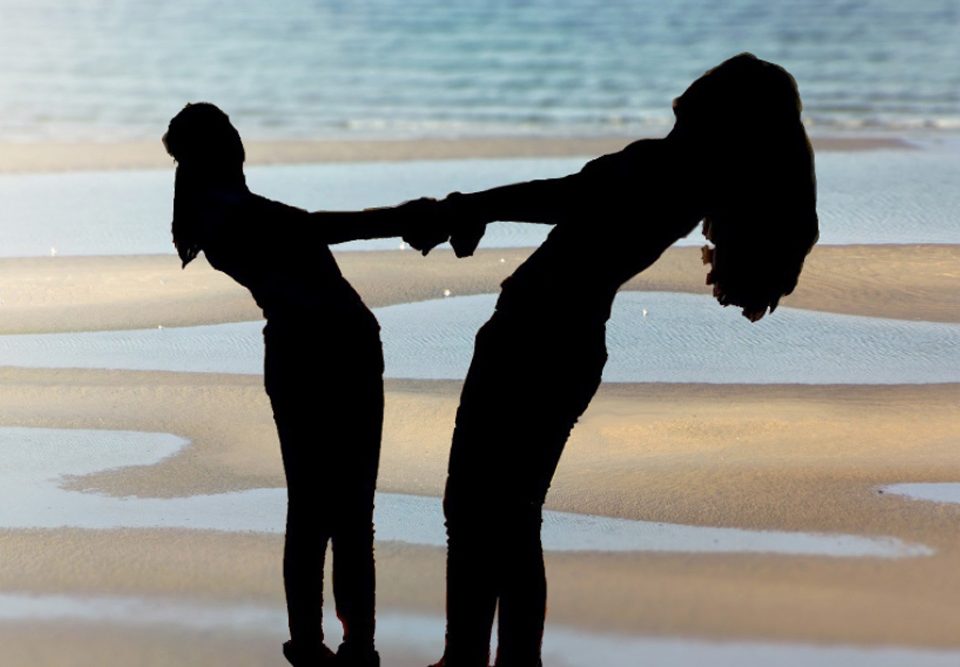Tame Those Monsters!
Loving Weight Loss ~ My followup interview with Coco O’Donnell
June 10, 2013Are Self-Help Groups For You?
June 17, 2013In childhood there’s a stage when imagination and certainty get all mixed up. Whether the monster you invented was under the bed or in the closet, you were sure that it was real. But at that age, distinctions between reality and fantasy are fuzzy.
Wise parents know that the best way to reassure a kid back to sleep is to go along with the fantasy and shoo the monster away. As the brain develops, the child begins to grow out of this “magical thinking” phase.
As adults, we have monsters in a different way. They don’t hide out under beds or in closets. Instead, they are internal aspects of ourselves that we don’t like or that create problems in our lives.
One day many years ago, a client who was healing some monsters exclaimed something brilliant that she’d heard, “My mind is a dangerous neighborhood. I can’t go in there alone!”*
I’ve written previously about the negative bias of the mind (the neighborhood). Its stop signs and warning flags are there to alert us about potential danger. It’s a strategy from our origins, when running from lions and tigers and bears could mean life or death.
We are the beneficiaries of this ancient strategy. Our smaller stature and strength compared with other creatures would have led to our extinction long ago if the body hadn’t developed such a sharp mind.
There’s reason to believe that the mind’s negative orientation continues to serve good functions (Don’t run out in the street! Don’t eat that pastry!). But not if you get carried away with it.
It turns out that another basic human survival strategy helps. The mind becomes a dangerous neighborhood when we isolate. So one of the best antidotes being around others and seeking support.
Of course, it’s wise to pick your spots. One reader wrote in bemoaning the lack of friends or family whose input she could trust (because often they have their own biases). My clients frequently speak of not wanting to burden their loved ones with their worries and anxieties.
So it can be quite helpful to seek the support of someone who isn’t so close to you, such as:
• The Helpline, a 24/7 crisis service. The counselors there can help you consider your best steps: 800-833-2900.
• A minister, priest or rabbi. If you’re not a member of a religious or spiritual community — or if you’re not comfortable seeking support within your own community — seek support from your local interfaith council or ask the folks at the United Religions Initiative, a worldwide interfaith organization, for help in finding a local connection
• Self-help communities. They’re often free, and are available all over the globe, online as well as in-person, and support all kinds of life and health situations.
• Counseling. Talking with a professional can give you an important, neutral sounding board and a way to practice new skills. Try the American Mental Health Alliance or Psychology Today directories here in the states. Also, you can apply now for a free discovery session to help you take your next steps (I set aside a limited number of phone sessions for these each month).
An overly negative mind can be an important part of a new kind of alert system. It is telling you that it’s time to reach out. You don’t have to go there alone.
* Undoubtedly a variation from writer Anne Lamott, wrote an essay published by Salon in 1997, titled, “My mind is a bad neighborhood I try not to go into alone.”




